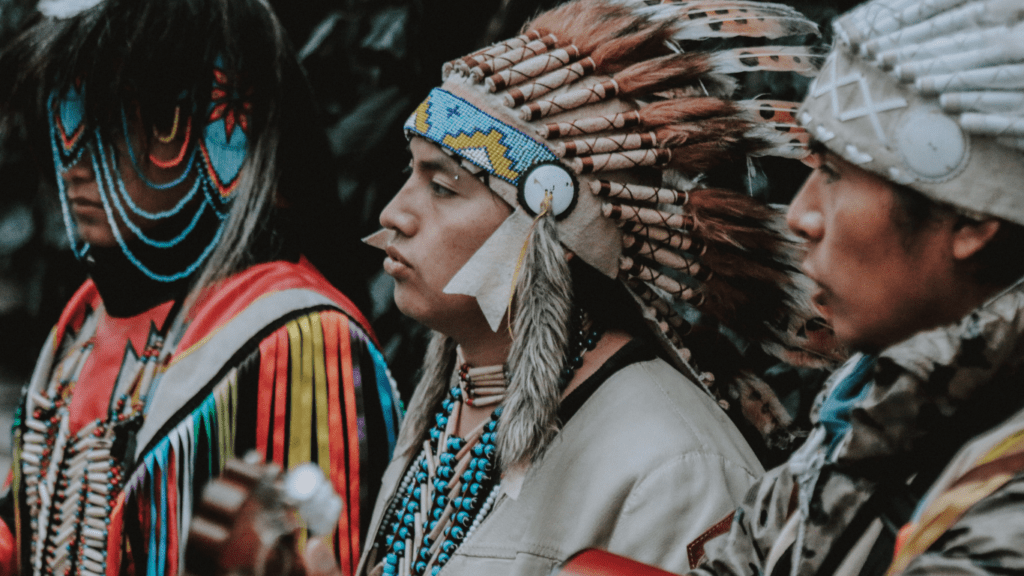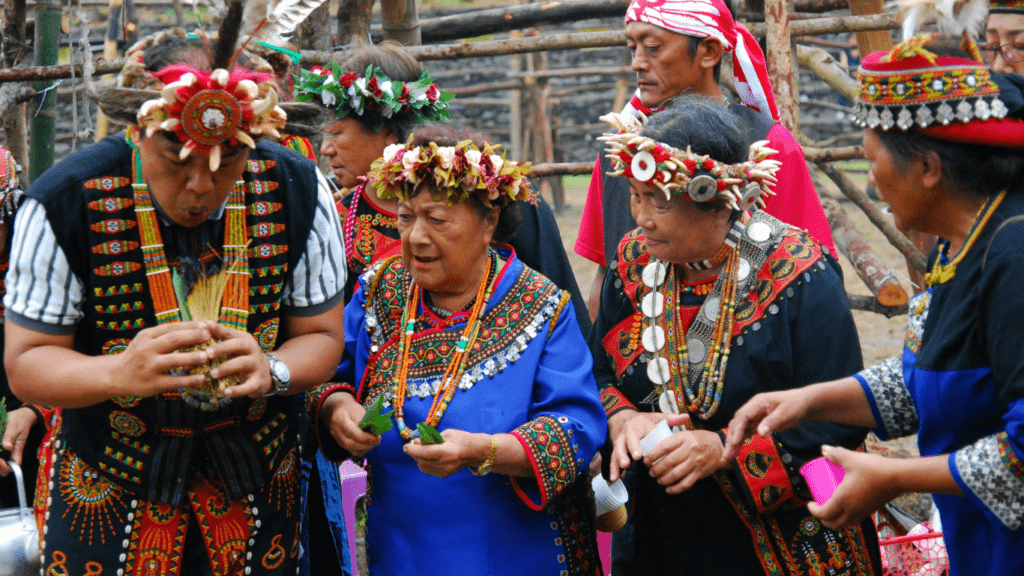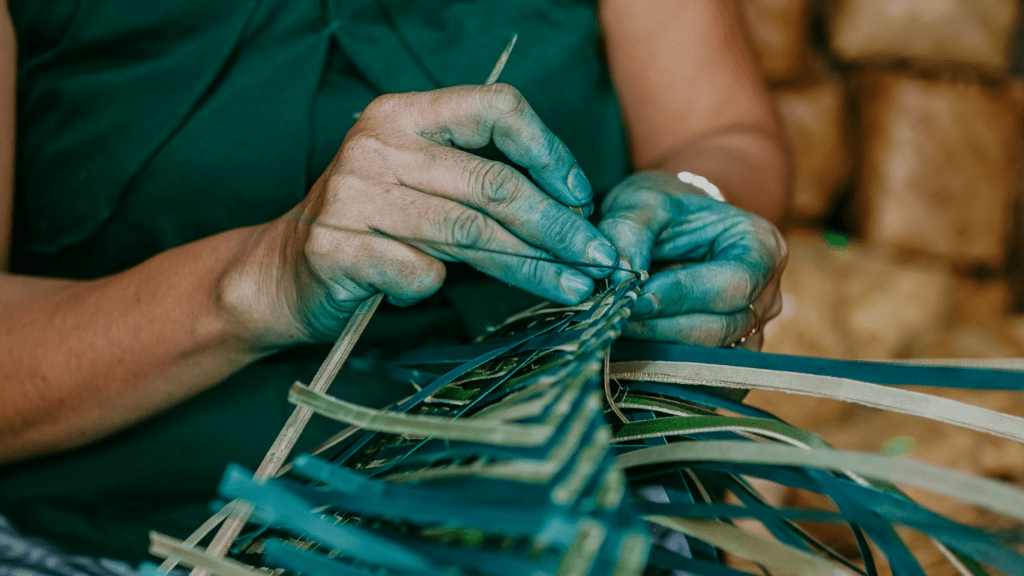Diving into Indigenous cultures offers a unique opportunity to connect with rich histories and traditions that have shaped communities for generations. As I explore these diverse cultures, I realize the importance of approaching this journey with respect and responsibility.
It’s not just about learning; it’s about understanding the nuances and complexities that come with each culture. Supporting Indigenous communities goes hand in hand with our desire to learn. I’ve discovered that there are meaningful ways to engage that honor their heritage while fostering genuine connections.
In this article, I’ll share insights on how to explore Indigenous cultures responsibly, ensuring that our curiosity contributes positively to the communities we admire.
Understanding Indigenous Cultures
Indigenous cultures represent a rich tapestry of traditions, languages, and histories. Each community possesses unique practices shaped by its environment and historical experiences.
Definition and Diversity
Indigenous cultures are those of the original inhabitants of a region, reflecting distinct worldviews and belief systems. They encompass over 370 million people globally, with diverse languages, customs, and artistic expressions.
Notable examples include the Navajo in North America, the Sami in Scandinavia, and the Aboriginal peoples in Australia. Each culture features unique social structures, spiritual practices, and languages that contribute to its heritage.
Historical Context
Indigenous cultures have thrived for thousands of years, often predating colonial powers. Historical colonization attempted to erase these cultures, leading to loss of languages, customs, and land.
It’s essential to recognize these injustices and their ongoing effects on Indigenous communities today. Many groups strive to reclaim their identities, revitalizing languages and traditional practices. Understanding this context fosters respect and highlights the resilience of Indigenous peoples amidst historical trauma.
Importance of Respectful Engagement
Respectful engagement with Indigenous cultures fosters genuine connections and promotes understanding. Emphasizing responsible learning ensures a respectful approach to these diverse communities.
Building Trust and Relationships
Building trust requires active listening and authentic communication. I seek opportunities to engage with Indigenous peoples directly, recognizing their perspectives. Participating in community events, supporting local artisans, and promoting Indigenous voices can strengthen relationships.
I focus on long-term engagement rather than one-time interactions, showing commitment to learning from and alongside these communities. Trust enhances mutual respect, allowing for deeper understanding of traditions and histories.
Avoiding Cultural Appropriation
Avoiding cultural appropriation is essential for respectful engagement. I am mindful of the differences between appreciation and appropriation. Appreciation involves honoring Indigenous cultures without commodifying their symbols, practices, or traditions.
When learning about a culture, I credit original sources and acknowledge their significance. Supporting Indigenous creators and purchasing authentic art directly from communities helps prevent exploitation.
It’s important to respect cultural boundaries and seek permission when using Indigenous cultural elements, ensuring that the learning experience honors the community’s wishes.
Responsible Learning Practices
Responsible learning practices involve conscious efforts to respect and engage with Indigenous cultures thoughtfully and meaningfully. I focus on methods that prioritize authenticity and direct engagement.
Choosing Authentic Resources
Choosing authentic resources ensures accurate representation of Indigenous cultures. I rely on materials created by Indigenous authors, academics, and artists to gain genuine insights. Look for publications by reputable Indigenous organizations or educational institutions. Use resources such as:
- Books: Select works by Indigenous authors who share personal narratives and cultural contexts.
- Documentaries: Watch films produced by Indigenous creators to capture authentic stories and perspectives.
- Online Platforms: Explore websites and social media of Indigenous communities, which often provide updates and resources directly from the source.
By using these authentic resources, I contribute to a deeper understanding of the complexities and nuances within Indigenous cultures.
Engaging with Indigenous Voices
Engaging with Indigenous voices fosters authentic connections and learning experiences. I prioritize interactions that amplify Indigenous perspectives and support their initiatives. Key practices include:
- Participating in Community Events: Attend cultural festivals, workshops, or talks organized by Indigenous communities to learn firsthand from their members.
- Following Indigenous Activists: Support Indigenous activists and educators through social media to stay informed on current issues and cultural happenings.
- Listening Actively: Approach conversations with an open mind and respect for the knowledge shared by Indigenous peoples. I acknowledge their expertise on their cultures and histories.
By engaging with Indigenous voices, I embrace opportunities to learn and build relationships founded on respect and trust.
Supporting Indigenous Communities
Supporting Indigenous communities requires direct action and sustained involvement. Engaging in economic support and advocacy helps empower these communities while respecting their autonomy and culture.
Economic Support and Partnerships
Economic support plays a vital role in bolstering Indigenous communities. Investing in Indigenous-owned businesses generates income and creates jobs. Purchasing handmade crafts, art, and products directly from Indigenous artisans ensures they receive fair compensation.
Collaborating with Indigenous organizations fosters sustainable partnerships that respect cultural practices and ensure community benefits. Programs that prioritize Indigenous entrepreneurship and microfinancing empower individuals while promoting cultural heritage.
Advocacy and Awareness
Advocacy and awareness elevate Indigenous voices and issues. Supporting policy changes that affirm Indigenous rights makes a significant impact. Educating others about historical injustices and contemporary challenges faced by Indigenous communities promotes understanding and allyship.
Participating in awareness campaigns, such as land acknowledgment initiatives and environmental justice efforts, amplifies Indigenous perspectives. Engaging with social media movements led by Indigenous activists fosters a digital space for dialogue and education.




